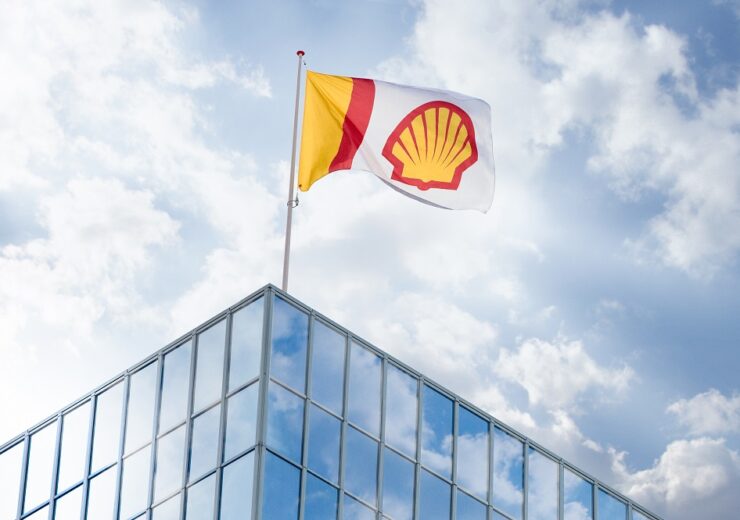The British national takes the role at a time when Shell is undergoing a major low-carbon transition and grappling with the financial impact of the pandemic

Andrew Mackenzie joined the Shell board in October 2020 (Credit: Shell/Jiri Buller)
Royal Dutch Shell has appointed Andrew Mackenzie to become its new chairman as the company seeks to chart a course to net-zero emissions by mid-century and navigate the financial fallout of the pandemic.
The British national and former chief executive of mining giant BHP will replace Chad Holliday, who departs after six years spent as board chairman.
Shell said it had sought to appoint someone with “significant experience in capital discipline”, and who has “the ability to balance, and judge the timing, of the transformational changes that Shell needs to make”.
The Anglo-Dutch oil company recently launched a major strategic shift to neutralise its carbon emissions by 2050 – a process that will involve reducing its reliance on traditional fossil fuels and expanding its presence in renewable energy and alternative fuels like hydrogen.
It is also recovering from the financial impact of coronavirus, after an historic drop in fuel demand sent commodity prices into freefall and forced companies across the oil industry into cost-cutting mode.
Shell posted a $21.7bn loss in 2020, including impairment charges taken to reflect long-term downgrades to its commodity price outlook. During the year, it also cut its dividend for the first time since the Second World War, suspended a $25bn share buyback programme, and launched a major restructuring that will cut around 9,000 jobs.
Its near-term capital spending budget has been lowered to $19-22bn as it aims to reduce net debt to $65bn, down from $75.4bn at present.
New Shell chairman Andrew Mackenzie brings a wealth of energy experience
Mackenzie, who joined the Shell board in October 2020, will be charged with helping the company overcome these financial challenges while implementing the transition to lower-carbon energy.
“I have been delighted already to have played a part in the shaping of the compelling strategy that Shell has recently unveiled,” he said.
“I believe Shell has an exceptional portfolio of future-facing assets and I look forward to working with [chief executive] Ben van Beurden and the board to profitably accelerate Shell’s transition into a net-zero emissions energy business that continues to generate substantial value for shareholders, customers and communities alike.”
The 64-year-old businessman served as BHP chief executive from 2013 to 2019, prior to which he held senior positions at miner Rio Tinto and UK oil major BP. Prior to his roles in industry, he had an academic career in geosciences, and was elected a Fellow of the Royal Society in 2014.
“Andrew brings a wealth of leadership and sustainability experience, scientific curiosity and commercial acumen that ideally equip him to help Shell navigate the energy transition,” said outgoing chairman Holliday.
Mackenzie will assume the new role on 18 May, following the conclusion of Shell’s upcoming annual general meeting.
Shell also announced that non-executive director Nigel Sheinwald will not stand for re-election to the board, and will nominate cybersecurity expert Jane Lute, an American, as a non-executive director. Her appointment would for the first time give Shell’s board an equal gender balance.
